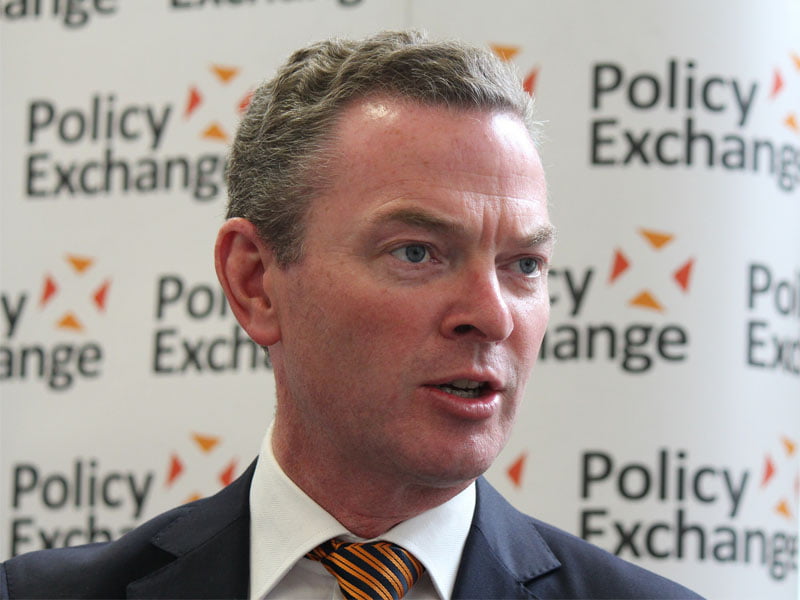The South Australian Government has brought one of the world’s largest startup accelerators to Adelaide in a move that Defence Industry Minister Christopher Pyne says demonstrates the importance of collaboration in defence and security.
Techstars, an early-stage accelerator program based in Colorado, will launch its first program in the Asia-Pacific from Adelaide in July with a focus on defence industries.
Worldwide, Techstars has more than 900 startup alumni worth a combined $US7.5 billion.

Techstars Adelaide will see ten startups selected from around the world to connect with a network of mentors and corporate partners, including world-leading defence industry companies BAE, Thales and Austal.
These Techstars Adelaide cohort will focus on Internet of Things, big data, sensors and robotics initiatives that have application in the defence and security sectors.
Mr Pyne welcomed the move, saying it complemented the Commonwealth’s recent investments in defence.
“The launch of Techstars Defence and Security Accelerator will complement the government’s recently opened Defence Innovation Hub and Centre for Defence Industry Capability,” Mr Pyne told InnovationAus.com.
“The innovation ecosystem in Adelaide is vibrant and growing, and the focus of Techstars’ new accelerator on defence and security industry applications is particularly timely given the government’s investment into this vital sector.
South Australian Minister for Manufacturing and Innovation Kyam Maher says the government met with Techstars “numerous times” over the last six months to lure the startup giant to Adelaide.
Mr Maher would not say whether the South Australian Government had contributed funds to the program. But he does claim says the move by Techstars demonstrates that Adelaide’s innovation ecosystem is now on the world stage.
Techstars Adelaide would help bring Australian and overseas tech talent to the city, he said.
“With the program already known for its success in the United State in creating high-value and successful startups, we believe that Techstars will contribute considerable experience to sectors such as Defence and attract venture capital to the state.”
South Australia has been active in positioning itself as leading the way in the defence sector, with GigCity and Lighthouse City projects last year, and receiving a $230 million investment from the federal government for the Centre for Defence Industry Capability.
An efficient and productive innovation ecosystem in the defence sector is crucial, Christopher Pyne says.
“The government and Defence are focused on innovation because that is where we are going to get the warfighting advantages and the differentiations we need in the future as more countries develop their advanced capabilities,” he said.
“Defence is interested in innovation with wide applications from the defence and commercial sectors. Innovation will be as important in information-based capabilities and systems and connecting them together to maximise defence capabilities as it will be for individual platforms.”
Collaboration between startups, governments on all levels and established businesses was critical the development of the country’s defence capabilities, Mr Pyne said.
“We appreciate that innovation relevant to Defence can come from many sources and sectors in Australia, so startups are obviously very important in harnessing that cutting edge of technology and idea to benefit defence capability,” he said.
“Innovating in defence will require close collaboration between key stakeholders to ensure that the developing capabilities meet the needs of the warfighter today and into the future.
“We know that great ideas come from collaboration rather than stovepipes and Defence innovation is really moving in this area to promote collaboration and fast thinking.”
Do you know more? Contact James Riley via Email.

